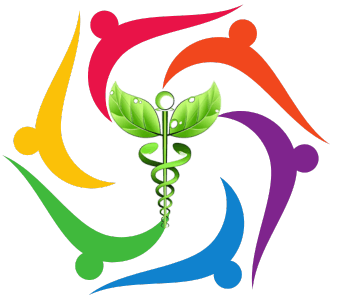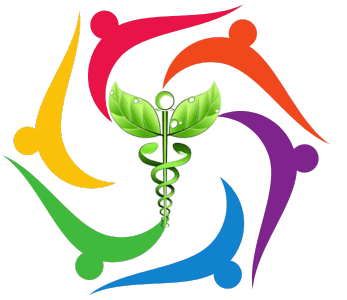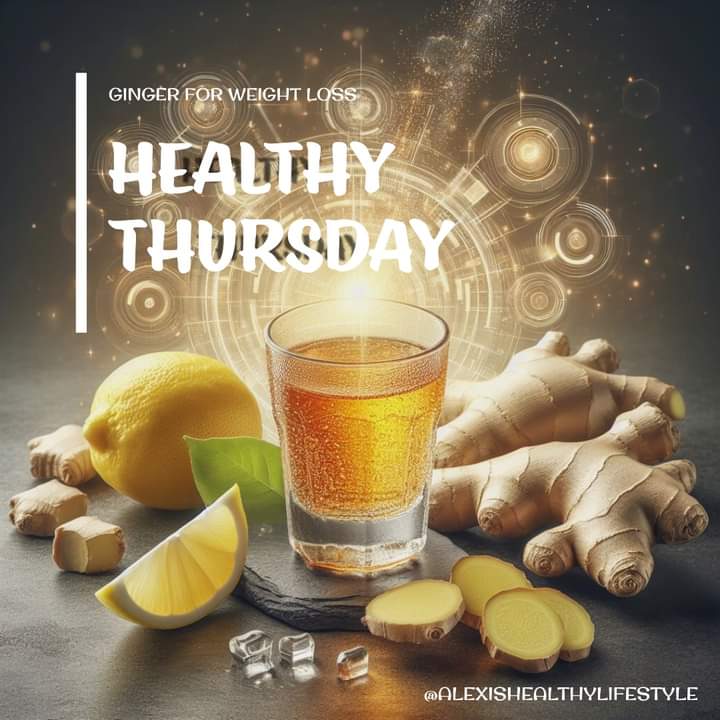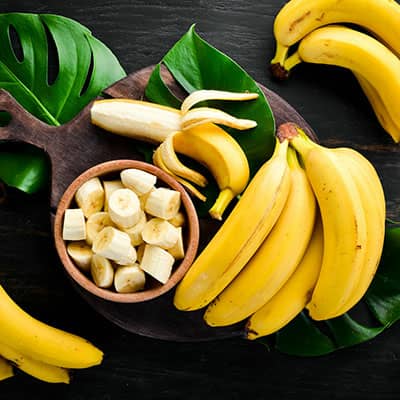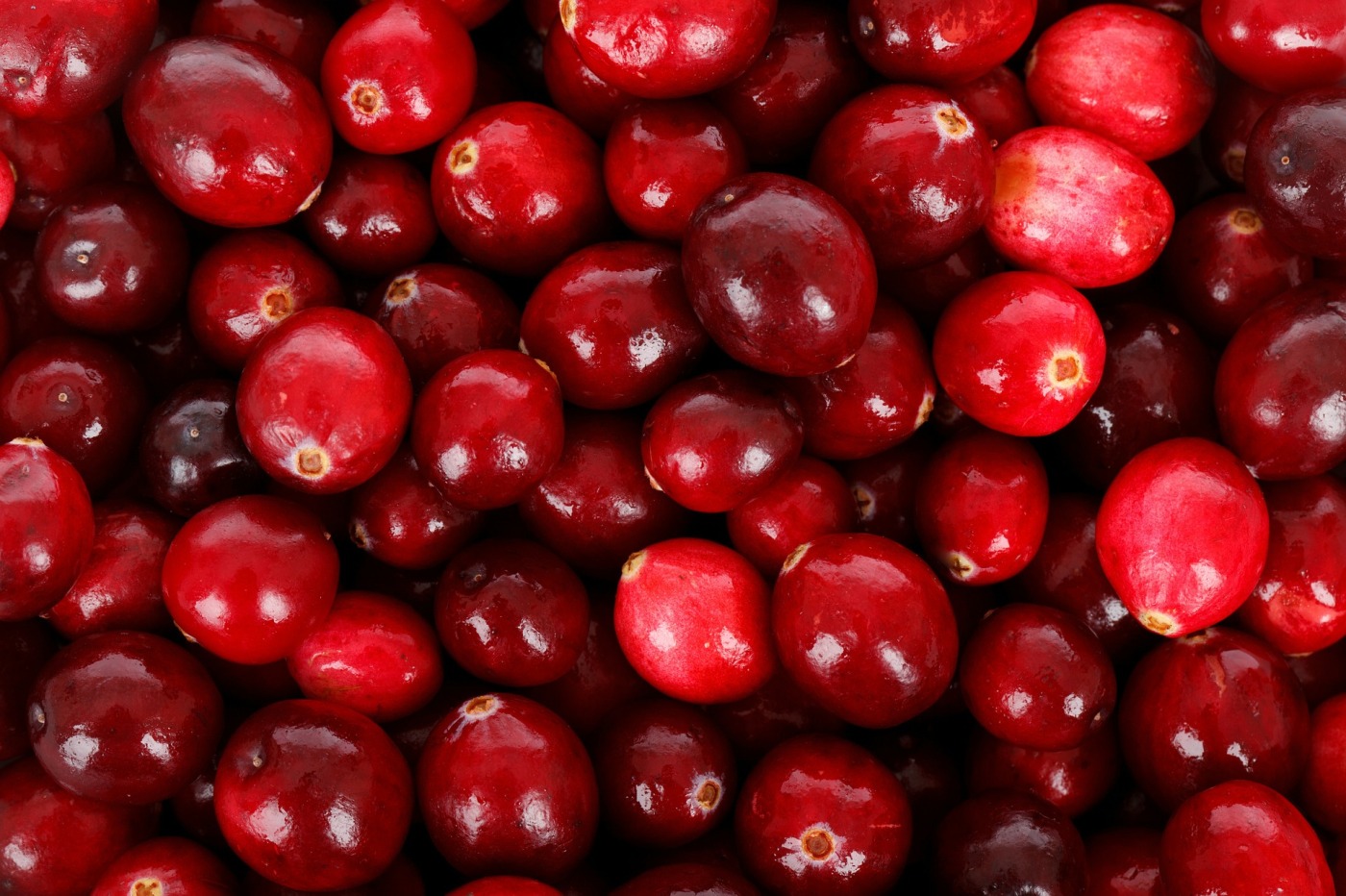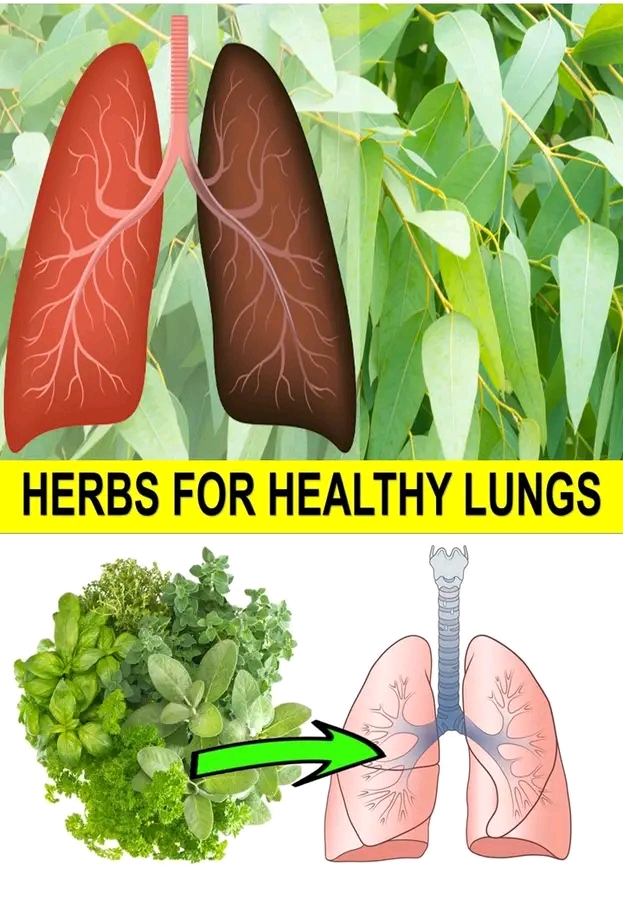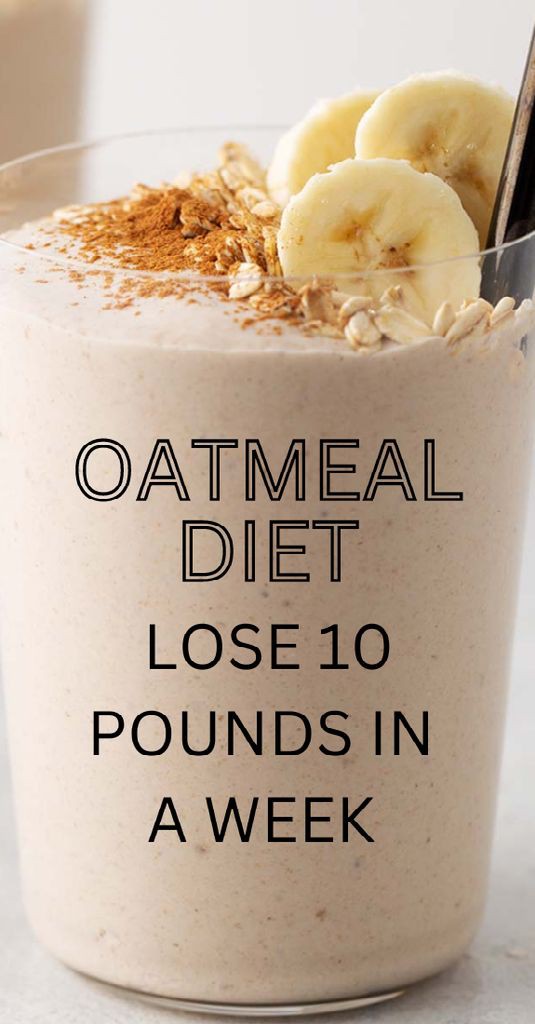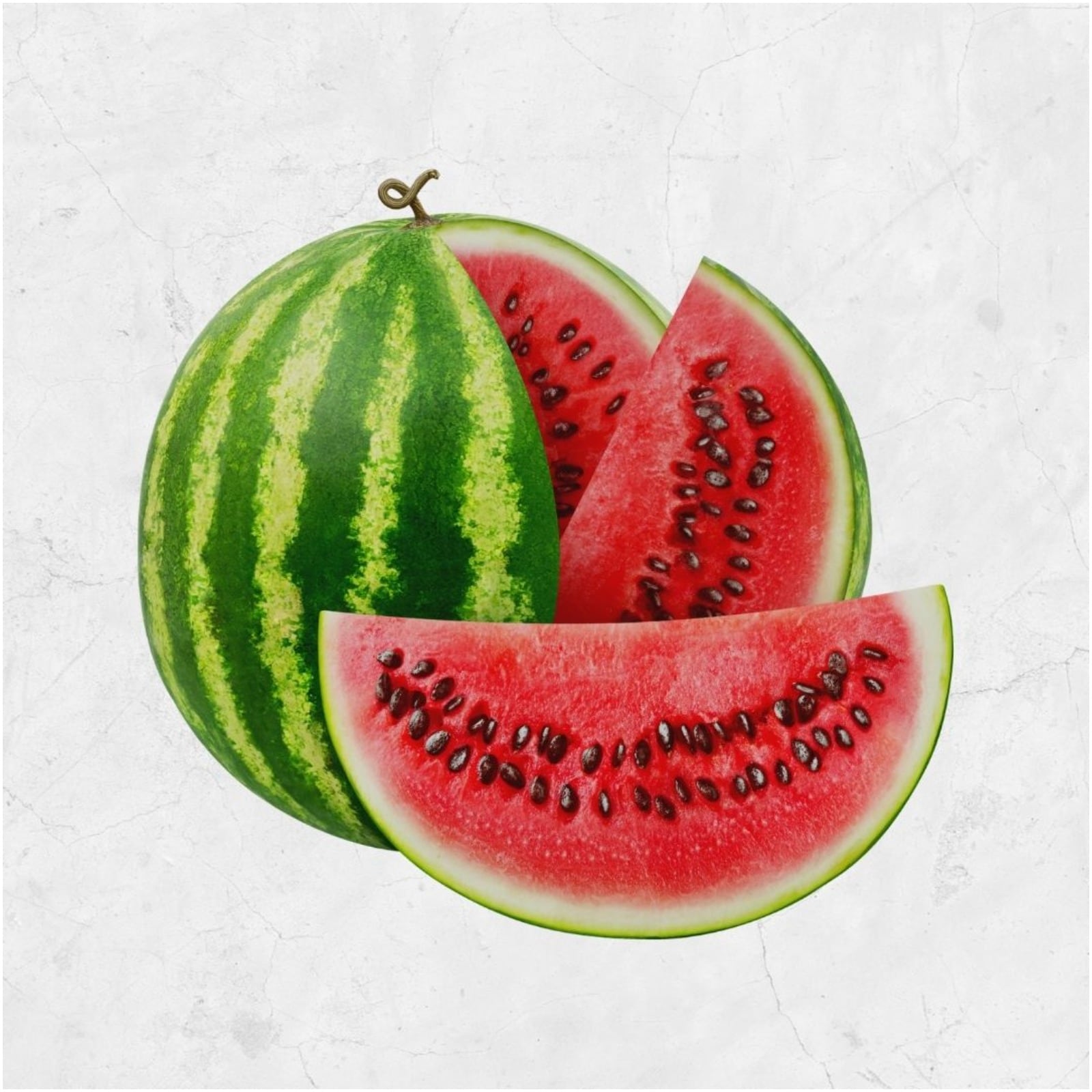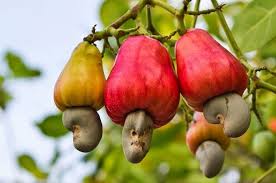Thirsty for a weight loss tip this Healthy Friday?
Sip on this: ginger and lemon might just be your new best friends on this journey!
**Ginger** is packed with goodies like gingerols and shogaols that get your body's gears moving. They're like little cheerleaders for your metabolism, helping you digest food faster and keeping those blood sugar levels steady. And steady blood sugar means fewer surprise snack attacks! Plus, its antioxidant powers help fight off the pesky free radicals that can cause harm to our bodies.
**Lemon** jumps into the mix with a splash of vitamin C and acts like a natural 'no thank you' to extra munchies. Together, they're like a dynamic duo for your diet, keeping you hydrated and your appetite in check. And let’s not forget the hydration boost it provides, which is essential for overall health and aiding in weight loss.
So, how about starting your day with a zing? Mix up a ginger-lemon drink to keep you feeling full and fabulous. And the best part? It's delicious! Here's to making healthy choices that taste great and feel even better. Cheers to wellness!
#Healthyfriday #GingerLemonBoost #StayHydrated #alexishealthylifestyle #gingershots #loseweightfast #loseweightnow #loseweighttips
Sip on this: ginger and lemon might just be your new best friends on this journey!
**Ginger** is packed with goodies like gingerols and shogaols that get your body's gears moving. They're like little cheerleaders for your metabolism, helping you digest food faster and keeping those blood sugar levels steady. And steady blood sugar means fewer surprise snack attacks! Plus, its antioxidant powers help fight off the pesky free radicals that can cause harm to our bodies.
**Lemon** jumps into the mix with a splash of vitamin C and acts like a natural 'no thank you' to extra munchies. Together, they're like a dynamic duo for your diet, keeping you hydrated and your appetite in check. And let’s not forget the hydration boost it provides, which is essential for overall health and aiding in weight loss.
So, how about starting your day with a zing? Mix up a ginger-lemon drink to keep you feeling full and fabulous. And the best part? It's delicious! Here's to making healthy choices that taste great and feel even better. Cheers to wellness!
#Healthyfriday #GingerLemonBoost #StayHydrated #alexishealthylifestyle #gingershots #loseweightfast #loseweightnow #loseweighttips
Thirsty for a weight loss tip this Healthy Friday? 🍋💡
Sip on this: ginger and lemon might just be your new best friends on this journey!
**Ginger** is packed with goodies like gingerols and shogaols that get your body's gears moving. They're like little cheerleaders for your metabolism, helping you digest food faster and keeping those blood sugar levels steady. And steady blood sugar means fewer surprise snack attacks! Plus, its antioxidant powers help fight off the pesky free radicals that can cause harm to our bodies. 🌶️🛡️
**Lemon** jumps into the mix with a splash of vitamin C and acts like a natural 'no thank you' to extra munchies. Together, they're like a dynamic duo for your diet, keeping you hydrated and your appetite in check. And let’s not forget the hydration boost it provides, which is essential for overall health and aiding in weight loss. 🍋🥊
So, how about starting your day with a zing? Mix up a ginger-lemon drink to keep you feeling full and fabulous. And the best part? It's delicious! Here's to making healthy choices that taste great and feel even better. Cheers to wellness! 🥤✨
#Healthyfriday #GingerLemonBoost #StayHydrated #alexishealthylifestyle #gingershots #loseweightfast #loseweightnow #loseweighttips
1 Reacties
0 aandelen
8K Views
0 voorbeeld
